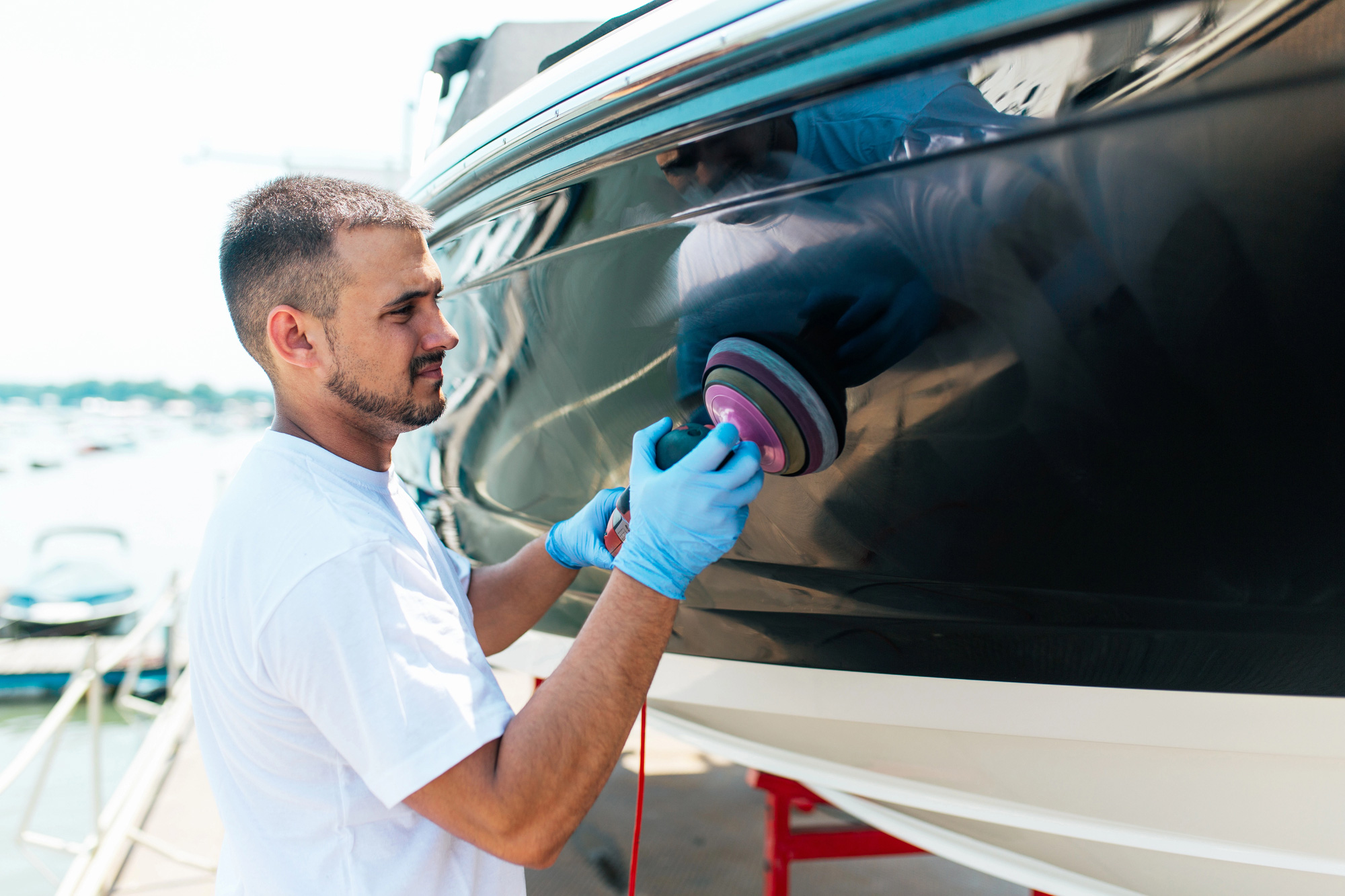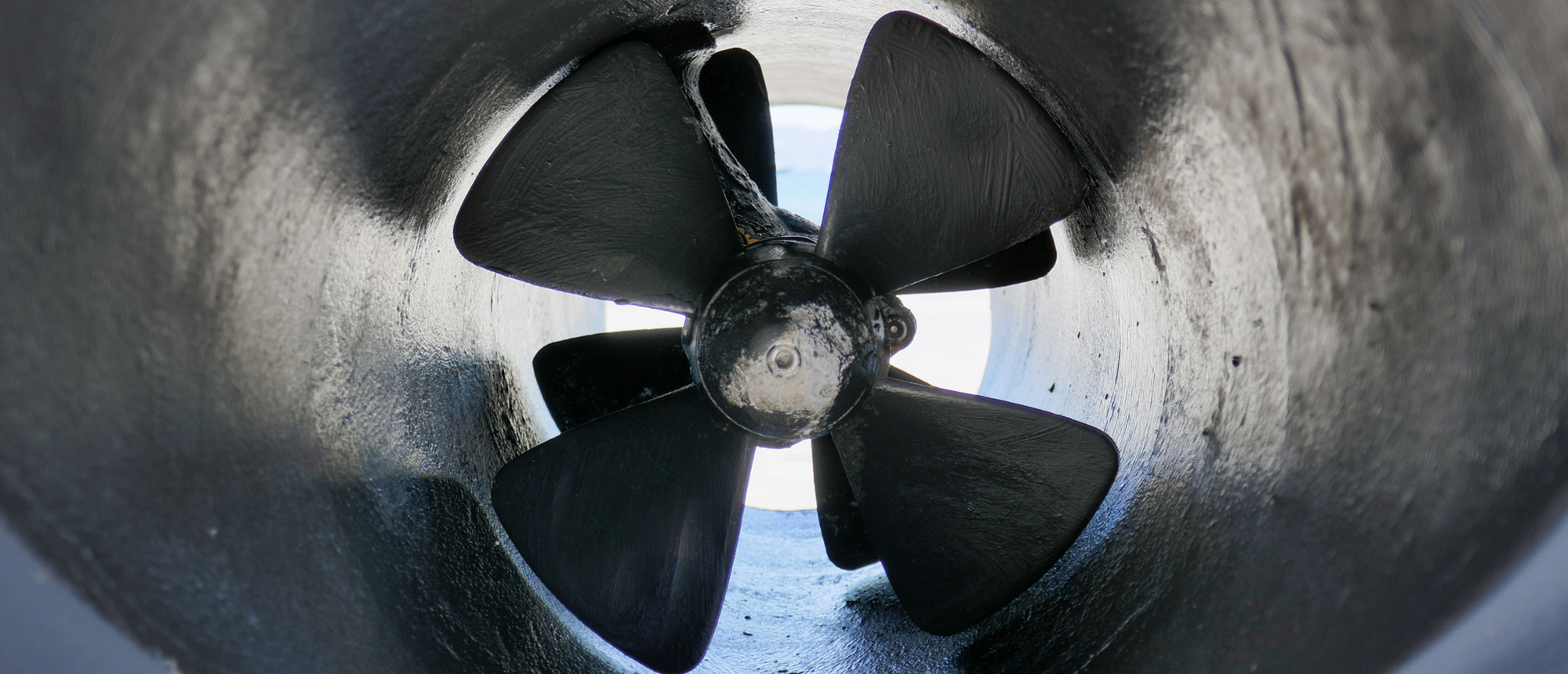When the heat sets in and hurricane season approaches, boat owners face unique challenges in protecting their vessels during long periods of storage. Summer boat storage focuses on preventing damage from sunlight, humidity, storms, and pests. Skipping this step can leads to costly repairs, fuel problems, or interior decay. With detailed planning and attention, you can keep your boat in excellent shape so it is ready for smooth outings when you return to the water.
Remove All Personal Belongings Before Storage
Before leaving your vessel for the summer, remove every item that is not permanently fixed. Electronics, clothing, food, and personal accessories quickly deteriorate in hot and humid conditions. High temperatures damage screens and batteries in devices, while fabrics absorb moisture and develop mildew. Even packaged snacks attract rodents and insects that can then damage wires or upholstery. Emptying lockers and cabins also creates space for a thorough clean, letting surfaces dry and reducing stale odors.
Protect Fuel Against Heat and Breakdown
Fuel systems suffer in prolonged summer storage. Heat speeds up chemical instability, leading to varnish deposits and clogged injectors. Condensation in humid conditions also introduces water into tanks. To avoid these issues, add a marine fuel stabilizer and top off the tank. After treatment, run the engine for a few minutes so the treated fuel passes through hoses and injectors. This step limits separation and maintains combustion quality, keeping the system reliable for the next outing.
Improve Ventilation to Control Mold and Mildew
Few things damage a boat interior faster than mold thriving in trapped summer air. Without circulation, humidity encourages mildew on cushions, carpets, and liner surfaces. To prevent this, open ventilation channels and use vented covers that encourage airflow without letting in heavy rain. Solar-powered ventilators are excellent for air movement and operate without draining batteries. Dehumidifier packs and moisture absorbers also keep cabins dry, protecting soft furnishings against musty smells. Replacing these packs monthly secures the best results.
Engine Cooling System Maintenance
Salt deposits, silt, and sand collect easily in raw water cooling systems. In humid summer storage, these contaminants accelerate corrosion. Flush the system with clean freshwater to clear buildup and protect metals. Spray exposed parts with anti-corrosion products to slow rust formation. Pay special attention to filters, pumps, and impellers. Replacing worn parts before storage reduces the chance of failure when you take the boat out again.
Oil and Filter Changes
Engine oil contains acidic deposits and fuel residues from normal use. When a boat is stored in summer heat, these contaminants corrode metal surfaces faster than in cooler weather. By changing the oil and swapping filters before storage, you leave the engine with fresh, protective lubrication. A simple service helps maintain smooth function, avoids rust formation inside the cylinders, and extends system life.
Battery Care in Hot Conditions
Batteries discharge faster in high temperatures compared to colder climates. Disconnect the boat battery or remove it altogether to prevent slow drains that leave it dead when storage is over. Place the battery in a cool, shaded space, checking charge every four to six weeks. Using a smart charger helps keep voltage balanced. Owners who take this step avoid the frustration of replacing expensive batteries prematurely.
Clean and Wax the Hull
Marine growth, sunscreen residue, and pollutants stick quickly to the hull during summer. Salt and algae create stains and begin surface corrosion if ignored. A hull cleaning service can help prevent damage and prevent organisms from transferring between waterways. Once washed, apply a protective wax or polish. This adds a shield against UV light, helping the gelcoat resist fading and chalking during storage. The result is a brighter finish, less surface deterioration, and fewer long-term repair costs.
Propeller and Running Gear Checks
Propellers, rudders, and shafts are highly vulnerable to storm-related debris and saltwater corrosion. Inspect the prop for nicks or bends, which reduce efficiency and increase vibration. Remove any ropes or fishing line that may have wrapped around the shaft. Lubricate seals and fittings while checking for cracks in couplings and struts. Taking care of these items now prevents emergency dockside repairs when the boating season returns.
Lubricate Critical Moving Parts
High humidity puts stress on hinges, latches, steering gear, and throttle linkages. Without lubrication, these areas seize or corrode. Apply marine-grade grease and sprays to every moving mechanism, working through cables and exposed hardware. Coated parts remain flexible and avoid wear even after months in storage. Maintenance of linkages and steering systems is especially important for safety.
Protect Against UV Rays
Strong summer sunlight does serious harm to vinyl seating, fiberglass, trim, and electronics. Spray seats and surfaces with UV-resistant protectants to guard against cracking and fading. Treat fabrics with weatherproof conditioners and shield dashboard or helm panels with breathable covers. Always use a top-grade boat cover that blocks sunlight while allowing air circulation. A properly fitted cover holds off bird droppings, tree sap, and general debris while reducing the heat trap effect.
Storm and Hurricane Preparation
In hurricane-prone areas, knowing how to store a boat for summer properly is vital for readiness. If keeping your boat at a dock, double all lines and use chafe guards to protect against friction. Adjust lines to share load evenly from multiple directions. Remove canopies, biminis, and other gear that can act like sails against hurricane-force winds.
If hauled out, place the boat on stable trailer blocks on ground that drains well. Secure tie-downs tightly into anchors and chock the trailer wheels. Reduce tire pressure slightly to relieve stress during long storage. Hurricanes arrive with little warning, making it important for boaters in coastal states to fully prepare systems in advance.
Interior Care and Pest Protection
Hot, damp cabins draw both mildew and vermin. After removing personal belongings, wipe all interior surfaces with mildew-resistant cleaners and let them dry thoroughly. Vacuum fabrics and apply antimicrobial sprays to seating and bedding. Store cushions in well-ventilated spaces or remove them entirely if possible.
To prevent pest intrusion, seal entry gaps and place deterrents in storage compartments. Rodents often chew through wiring harnesses, so attention here avoids expensive electrical failures. Owners may also treat wiring and electronic panels with corrosion sprays, offering added protection against both pests and humidity.
Check Seals, Hoses, and Electrical Systems
Heat ages rubber and plastic rapidly. Inspect hoses, gaskets, belts, and seals for cracks, bulges, or softness. Replace any parts that look worn or fragile. Examine electrical wiring for brittle sheathing or corrosion around terminals. Correcting these before storage avoids problems when the boat is later placed back into service.
Protect Your Boat with Hull2Prop’s Summer Storage Services in Florida
Florida summers challenge boat owners with intense heat, fierce sun, and the risk of severe storms. Hull2Prop specializes in summer boat storage techniques designed to safeguard every major system on your vessel. From corrosion-resistant treatments and UV protection to storm-ready tie downs and maintenance, our team helps keep your boat safe in the toughest conditions.
With the right preparation, your vessel will be in top shape and ready for carefree days on the water when you return. Contact us to schedule summer storage services and protect your investment.







